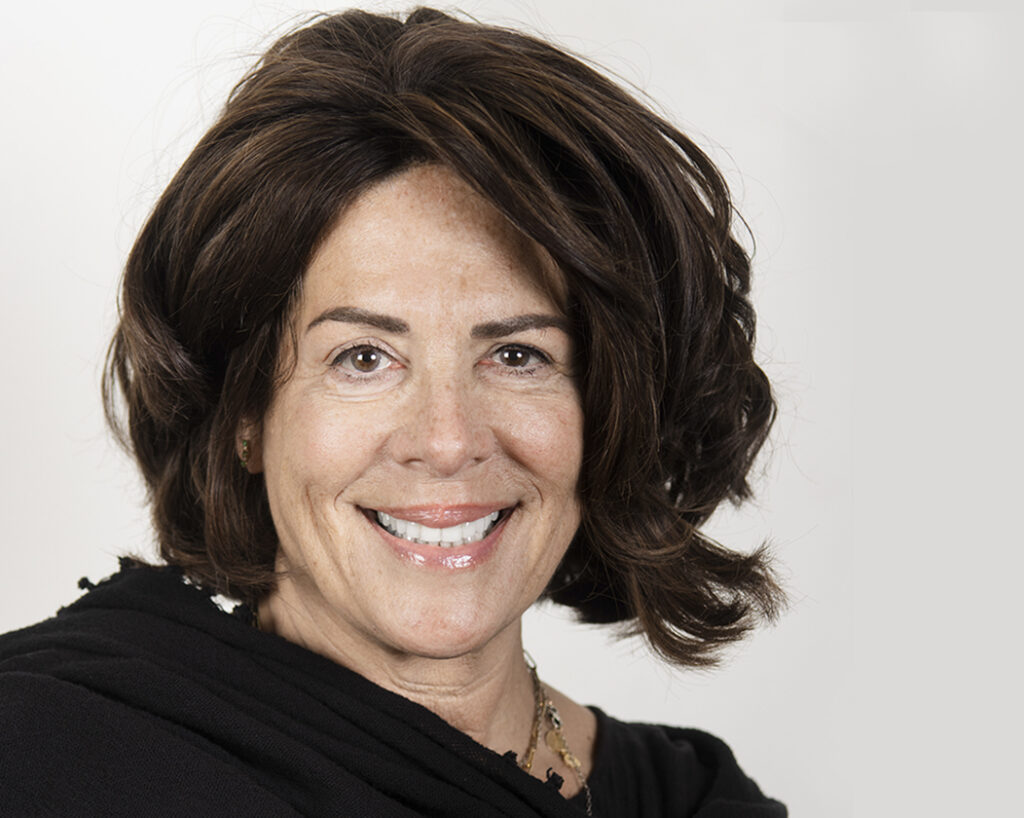Informal education in the Jewish community is supposed to be fun and playful, surprising and creative. But Arna Poupko Fisher wants one thing to be clear: informal education doesn’t need to be done informally.
“I’ve always felt that the space of informal or experiential Jewish education required a lens of expertise and professionalism that it hasn’t yet been given,” said Poupko Fisher, M² board member.
“M² has already done a tremendous amount in identifying that informal education is, in fact, a field within Jewish education,” Poupko Fisher said. But the term “informal” can be a misnomer.
“People assume it’s haphazard and lacks professionalism and intentionality,” she said. “M² has successfully demonstrated that this field desperately requires attention. There are so many modalities through which the field can be improved, professionalized, and appreciated.”
The opportunities are endless
Poupko Fisher’s more than 25 years of experience in formal education in the Jewish community means she’s seen a lot of different types of initiatives aimed at getting young people involved in Judaism. But the potential for informal education is limitless, she believes.
“If Jews are going to be educated, it will overwhelmingly be in this space, because we don’t see an increase in young Jews attending Jewish day school,” she explained. Judaism in 2022 is going to be more about meeting young people where they are, and engaging them in interesting and creative events that aren’t necessarily part of an existing framework.
Informal education will require more flexibility and innovation from Jewish organizations. As with any rapidly changing field, there are a lot of possibilities for programming to fall flat, and for new initiatives to fail.
But there’s good news, as well. Because informal education can fit into such a diverse array of situations and experiences, “the opportunities are endless,” Poupko Fisher said. For her, Jewish youth group as a teenager was a transformative experience. For others, it’s summer camp, or Jewish travel, a spiritual retreat, or events at community centers with a Jewish flair, or adult learning opportunities.
One of the things that drew Poupko Fisher to M² is the organization’s dedication to maintaining the playfulness and spontaneity of informal education, while taking a much more professional approach to finding the best initiatives for engaging and inspiring Jews of all ages and backgrounds.
Is there an ROI on informal education?
Poupko Fisher is well aware that it can be an uphill battle to convince professionals and donors of the importance of informal education. “One of the challenges is ensuring that funders see a strong ROI,” she said.
“It’s difficult to precisely measure the impact of any informal education experience. Often the impact is subtle and comes years later,” said Poupko Fisher.
But that subtle change is exactly why these types of initiatives are so essential, she believes. And Poupko Fisher can attest to the importance of informal education on a personal level, because informal education had such an impact on her decision to make Jewish education her life’s work when she was just a teenager.
“My introduction to the beauty and magnitude of Jewish halachic [observant] life was through informal Jewish education at NCSY,” said Poupko Fisher. NCSY is the youth group of the Orthodox Union in North America.
As a teenager, Poupko Fisher loved music and drama, things that she found intrinsically woven into her Jewish experiences at youth group.
“Shabbat became a beautiful piece of theater and poetry,” Poupko Fisher explained. “Everyday interactions and music became elevated because of their spiritual and historical components.
Something as simple as singing zmirot [Shabbat songs] on Friday night became so powerful because of the meaning behind them.”
A place for everyone at the table
Being on the M² board has inspired Poupko Fisher in different ways, as she has learned from her fellow board members and experienced the novel, creative, and playful approaches the organization is taking towards Jewish engagement and education. That kind of approach is so essential right now, especially for young people.
“It’s not hyperbolic to say that it is a particularly complicated time to be a young Jew,” said Poupko Fisher. “Conversations about identity, culture, values, and Israel are tense. It’s essential to have a safe place to unpack those complexities.”
“M² is not judgmental, and there are no requirements or principles that you must adhere to in order to participate in M². This inclusivity creates a very open space for people to discover and refine their Jewish identity.”
M² Board Member Arna Poupko Fisher, who has lectured in over 130 North American Communities, is on the faculty of the Judaic Studies department of the University of Cincinnati where she teaches Bible and Jewish Thought, and is presently serving as guest faculty at the Hebrew Union College. Professor Poupko Fisher has over 25 years of experience both teaching and working in the Jewish Community. She was the first individual to serve as a permanent, full-time scholar in residence for a Federation when she began her pioneering work as the Judaic Consultant of the Montreal Federation. Graduating from Yeshiva University with degrees in both Jewish education and Medieval Jewish philosophy, Professor Poupko Fisher continued her graduate work in the Doctoral programs of both the University of Toronto and McGill University. She teaches and has published on subjects pertaining to the relationship of Jewish Law to contemporary society and well as the nature of effective leadership. For over 23 years, Professor Poupko Fisher has served on the core faculty for the Wexner Heritage Program and is a frequent Scholar in Residence for synagogues, campuses, and Federations throughout North America.
